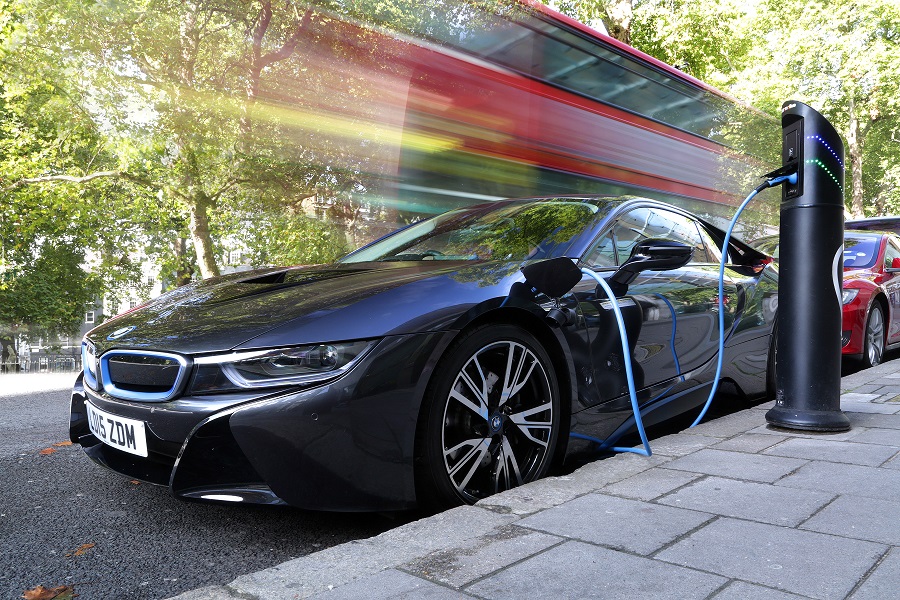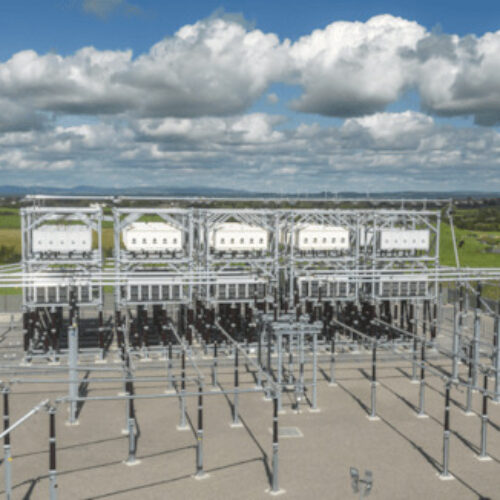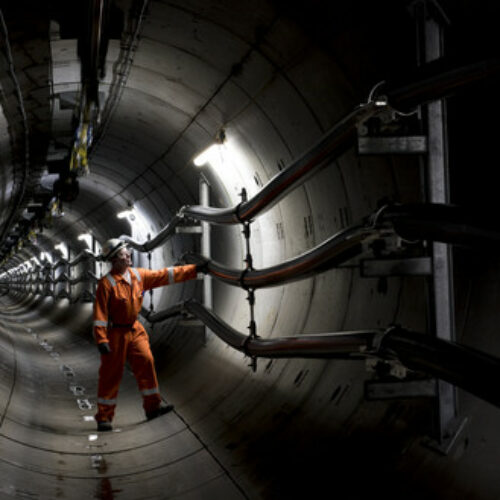Uber is to deploy its own branded network of electric vehicle (EV) chargers in London after a trial of fully electric cars carried out last year found that the current network is not sufficient to support the growth of EVs.
The transport company announced the network this week as part of a series of initiatives which will also see Uber work with Nissan to deploy a further 100 EVs in London, on top of over 50 used in the trial.
Drivers using the Uber app will be able to rent Nissan Leafs at a competitive rate with the first to be delivered to Uber rental partners next week.
The charging network will be delivered in central London, where Uber claims there are only three publicly available rapid chargers, with the first phase of chargers expected to be operational by the end of June at the latest.
Uber has yet to confirm a supplier for the network, which will initially be dedicated to drivers who use the app. However, a spokesperson told CEN: “Over time if there is spare capacity and as more rapid chargers get installed in the centre of London we may be able to open them up for wider use.”
The network has been announced after a trial carried out in collaboration with the Energy Saving Trust (EST) uncovered a series of weaknesses in the city’s existing charging infrastructure.
Jo Bertram, regional general manager of Uber in the UK, said: “Our vision is for mass adoption of fully electric cars as private hire vehicles but there are some really big challenges we need to overcome. Charging cars can be costly for drivers and there’s a serious lack of rapid charging points in central London.”
Despite 85% of drivers responding positively to the switch to EVs and being impressed with the capabilities of the Nissan, BYD and Tesla models used, participants overwhelmingly reported the network as being insufficient in terms of both the number and distribution of chargepoints across the city.
Around 50% of partners declined journeys at least once a week, with many turning down journeys on a daily basis due to concerns over lack of range. Many often operated in a more limited geographic area of London than typical for a vehicle operating on the Uber app for the same reason.
A report on the trial completed by the Energy Saving Trust (EST) said: “The economic viability of using a fully electric vehicle for private hire in London was ultimately limited by these factors.
In order for this to change outside of the trial conditions, which offered financial incentives such as lower rental prices from car manufacturers, EST added: “Installation of an extensive network of rapid charge points across London, alongside an expected future improvement in pure electric vehicle ranges, is pivotal.”
Andrew Benfield, group director of transport at Energy Saving Trust, said: “The study uncovered that there is real potential for many more private hire drivers to use electric vehicles in London, delivering improvements to air quality and reducing carbon emissions.”
Sadiq Khan made air quality a pivotal issue in his successful election campaign for London Mayor and in January he announced £2.5 million of funding for the roll-out of EV chargers in several London boroughs, although the number and timeline of this deployment has yet to be established.
Transport for London is also developing its plans for a network of rapid chargepoints across London for the use of taxis, private hire vehicles and other commercial users. It currently plans to deliver 150 by 2018 and 300 by 2020.
An upcoming Transport Strategy from the Mayor’s office is expected to outline further plans to promote EVs but will also have to address the issues inherent to electrification of London’s transport, such as the constrained grid which has already delayed the roll-out of electric buses in certain areas.





